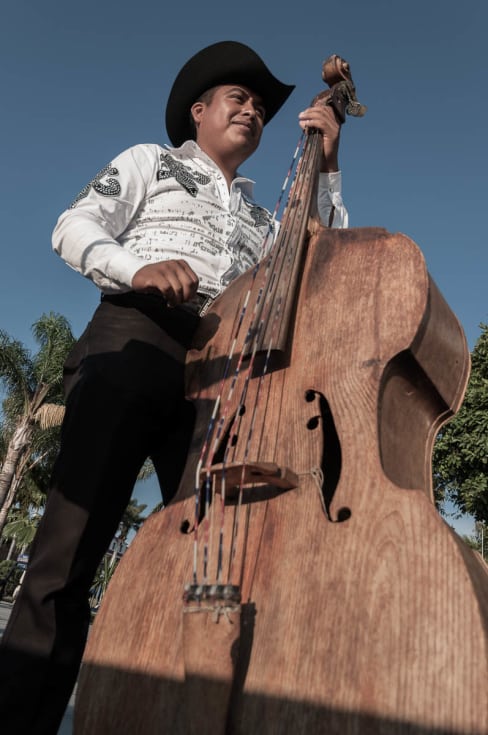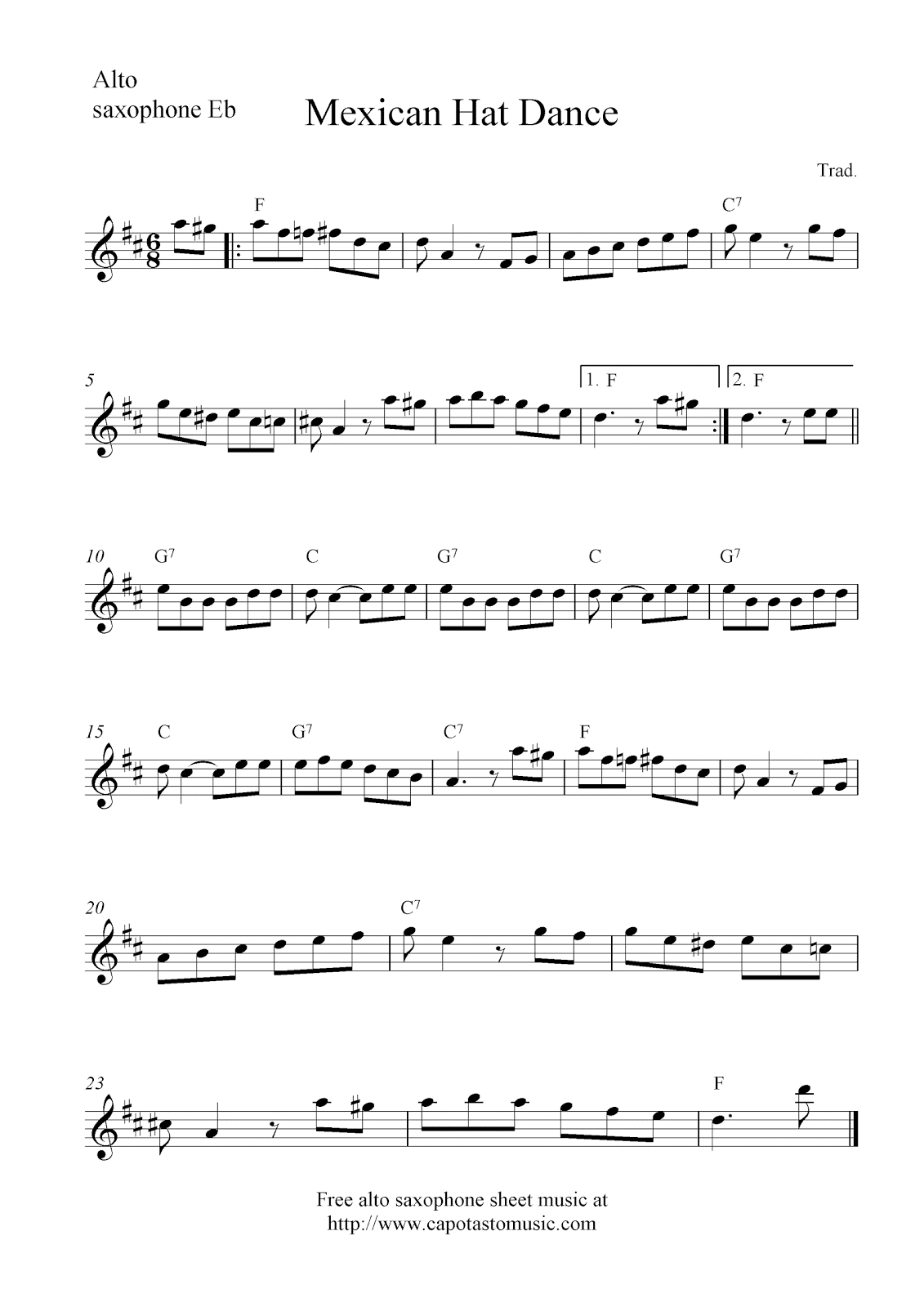Can piano accordion truly capture the essence of Norteño music or Mexican music? A bold statement must be made here: The piano accordion, despite minor limitations, serves as an exceptional instrument capable of delivering the rich and vibrant sounds intrinsic to Mexican music. This is not merely a question of technical capability but also one of cultural resonance and emotional depth.
Mexican music predominantly features the accordion due to its versatility and ability to produce a wide range of tones that evoke deep emotions. Accordions became popular in Mexico during the 19th century when German immigrants introduced them. Over time, they were adapted into various regional styles such as Norteño, Conjunto, and Tejano music. These genres heavily rely on accordions for their signature sound characterized by lively rhythms and soulful melodies. Moreover, accordions are bisonoric instruments meaning they produce different notes depending on whether the bellows are pushed or pulled which adds complexity and richness to the music.
| Personal Information | Details |
|---|---|
| Name | [Accordionist's Name] |
| Date of Birth | [Date] |
| Place of Birth | [Place] |
| Career | Professional Accordion Player |
| Professional Affiliations | Mexican Music Institute |
The theory applied in regional Mexican music revolves around scales used for creating intricate riffs or walking bass lines known as adornos or arreglos. These embellishments enhance the melody and provide harmonic support within the piece. Musicians often employ diatonic scales along with chromatic passages to achieve dynamic contrasts while maintaining traditional authenticity. Such techniques reflect both innovation and respect towards musical heritage.
Regional Mexican music connects individuals deeply with their families through shared experiences tied to cultural traditions expressed musically. For many listeners, this genre represents much more than mere entertainment; it acts as a bridge connecting generations fostering unity among relatives separated geographically yet united culturally via song. With the resurgence of corridor tumbados influenced significantly by U.S. hip-hop elements, younger audiences find themselves drawn back towards their roots finding relevance amidst contemporary influences.
Some Mexican music indeed bears resemblance to polka due largely to historical interactions between European settlers including Germans who brought over similar styled compositions utilizing tubas alongside accordions thus contributing towards an upbeat tonality associated today with certain types of folkloric expressions from across Mexico’s diverse landscapes. In cities like Veracruz where vibrant performances occur spontaneously throughout public spaces every week leading up until Carnival season arrives showcasing how integral these sounds remain embedded within everyday life scenarios enhancing community spirit wherever heard.
Playlists featuring Mexican music & mariachi encompass some of the best songs ever produced ranging from boleros rancheras right through corridos each telling unique stories reflective of human conditions experienced universally regardless of geographical boundaries thereby proving why this form continues gaining popularity worldwide beyond just being appreciated locally amongst native speakers alone anymore thanks partly too advancements allowing global access instantly available at fingertips nowadays making discovery easier than ever before possible previously limited only regionally accessible prior digital age transformations occurring rapidly over recent decades transforming how people consume media content altogether now universally interconnected virtually everywhere simultaneously almost instantaneously!



